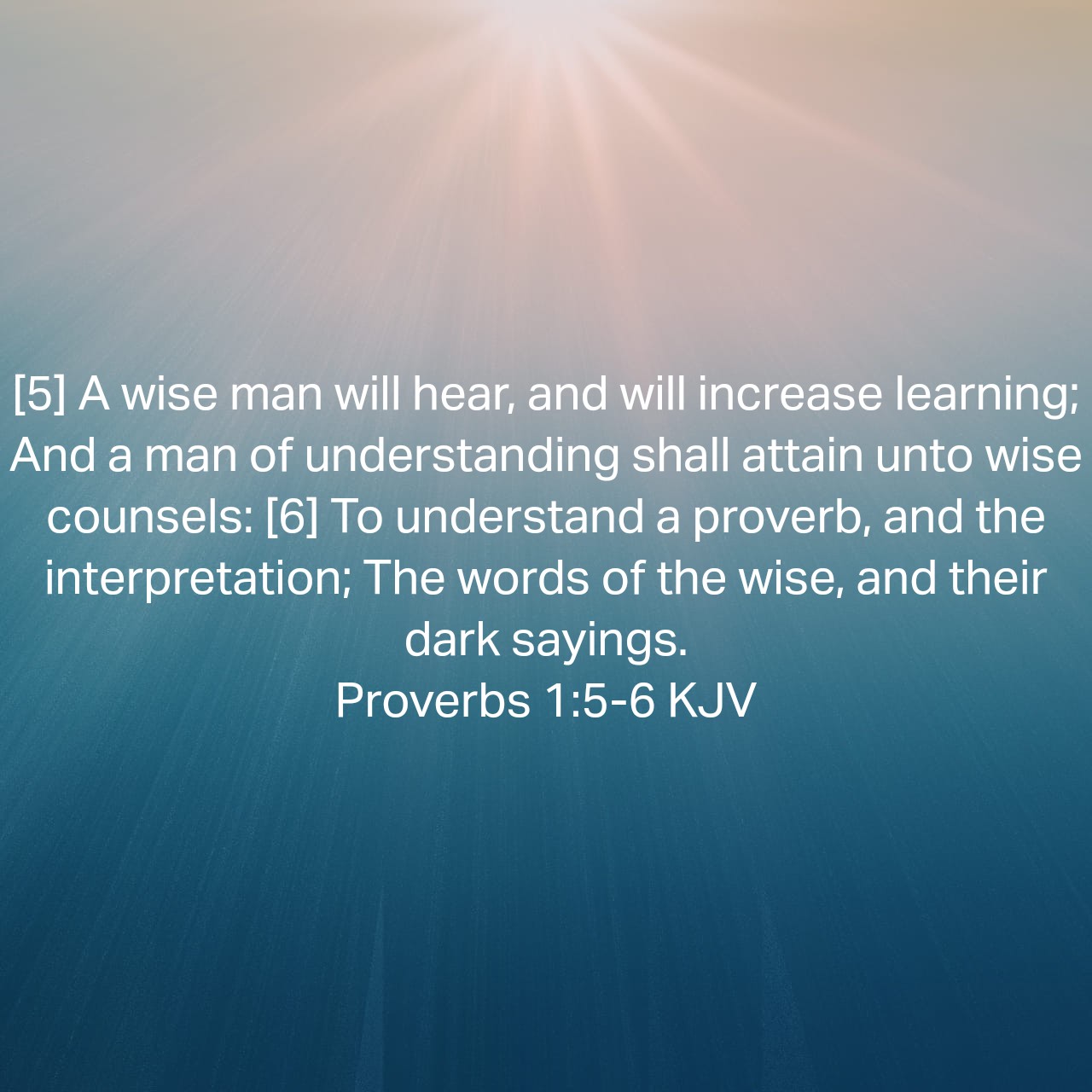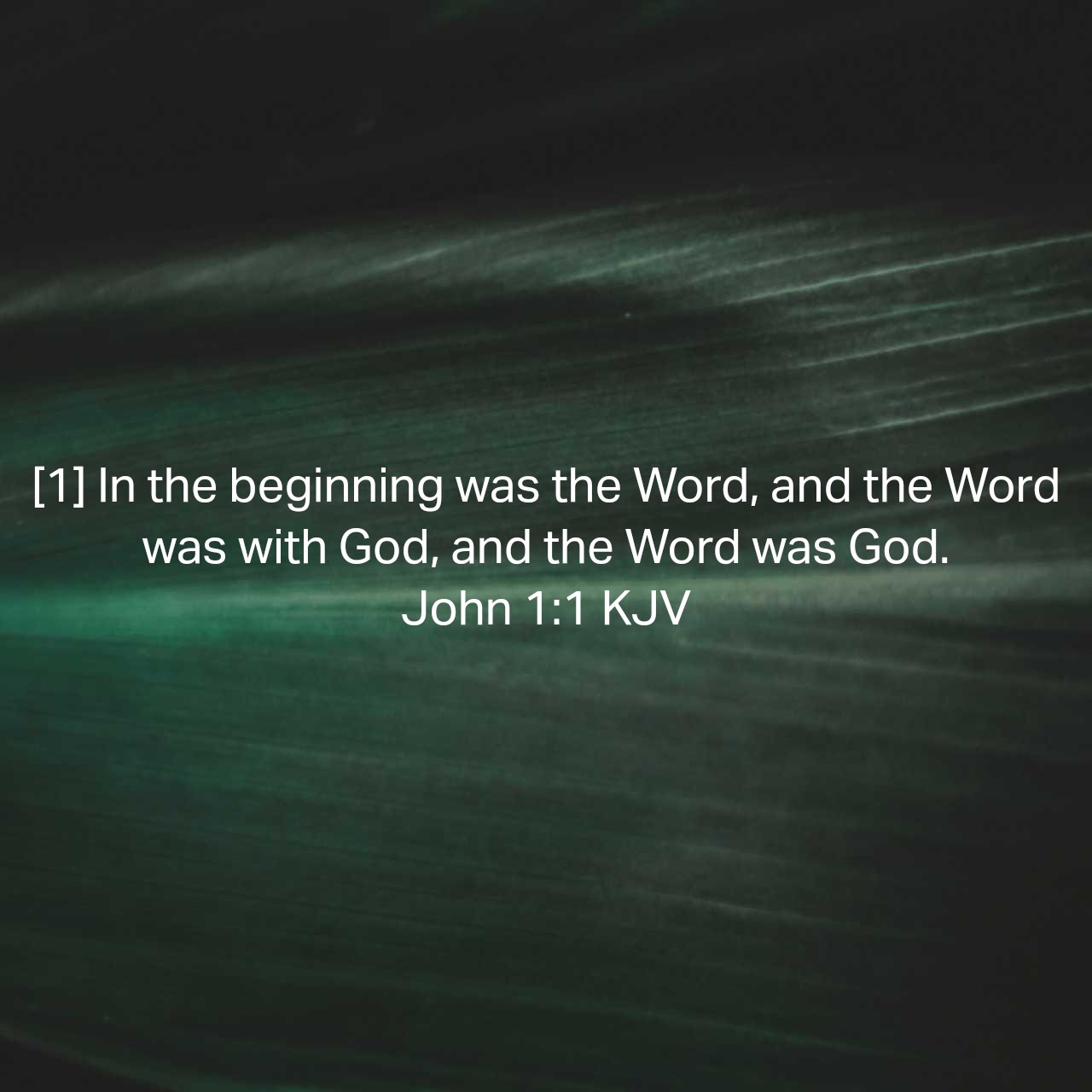Proverbs 1:7 (KJV)
“The fear of the LORD is the beginning of knowledge: but fools despise wisdom and instruction.” Read more here. Introduction Proverbs 1:7 highlights the foundational principle that reverence for the Lord is the starting point of true knowledge. It contrasts the wise, who seek understanding, with fools, who reject wisdom and instruction. Interpretation This verse … Read more



